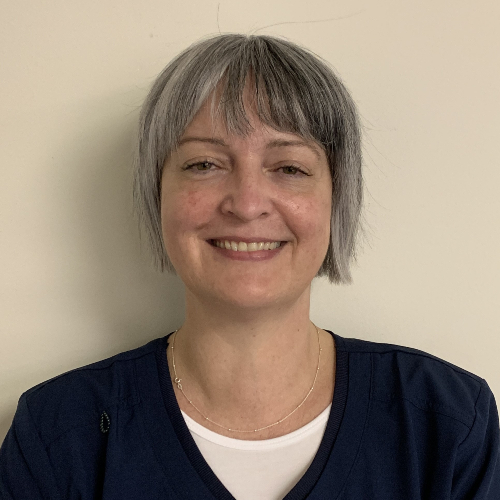Do you ever find yourself tossing and turning at night, unable to fall asleep or stay asleep? You’re not alone. Millions of people deal with sleep problems, which can leave them feeling exhausted and stressed the next day. Did you know that over one-third of all Americans report getting less than 7 hours of sleep a night? But the good news is, many sleep disorders can be managed with the right strategies.
Here at Innova Primary Care we place a high value on quality sleep as it is crucial for overall health and well-being. In this post, we’ll talk about common sleep disorders and share solutions to help you sleep better, including tips on sleep hygiene and lifestyle changes.
- Insomnia: The Battle to Fall and Stay Asleep
What is Insomnia?
Insomnia is when you have trouble falling asleep, staying asleep, or both. It’s one of the most common sleep disorders. You may feel tired during the day, irritable, or have difficulty concentrating if you aren’t getting enough rest at night. According to research from the National Council on Aging, around 30% of adults report suffering with insomnia and 10% say that insomnia negatively impacts their daily lives.
How to Manage Insomnia
The good news is, there are ways to manage insomnia:
- Create a bedtime routine. Go to bed and wake up at the same time every day, even on weekends. This helps train your body to know when it’s time to sleep.
- Avoid screens before bed. The blue light from phones, tablets, and TVs can interfere with your body’s natural sleep-wake cycle. Try to unplug at least 30 minutes before bedtime.
- Relax before bed. Try reading, taking a warm bath, or practicing deep breathing exercises to wind down before sleep.
- Participate in a sleep study. If your insomnia is impacting your ability to engage in daily activities, speak with your healthcare provider. A sleep study may give you some answers.
- Medications. For those with insomnia, prescription medications may be a viable solution. However, you need to speak candidly with your physician about your needs and make sure you are closely monitored while on these medications.
If insomnia persists, you may want to speak with a healthcare professional. Cognitive Behavioral Therapy for Insomnia (CBT-I) is a common non-drug treatment that has shown great success.
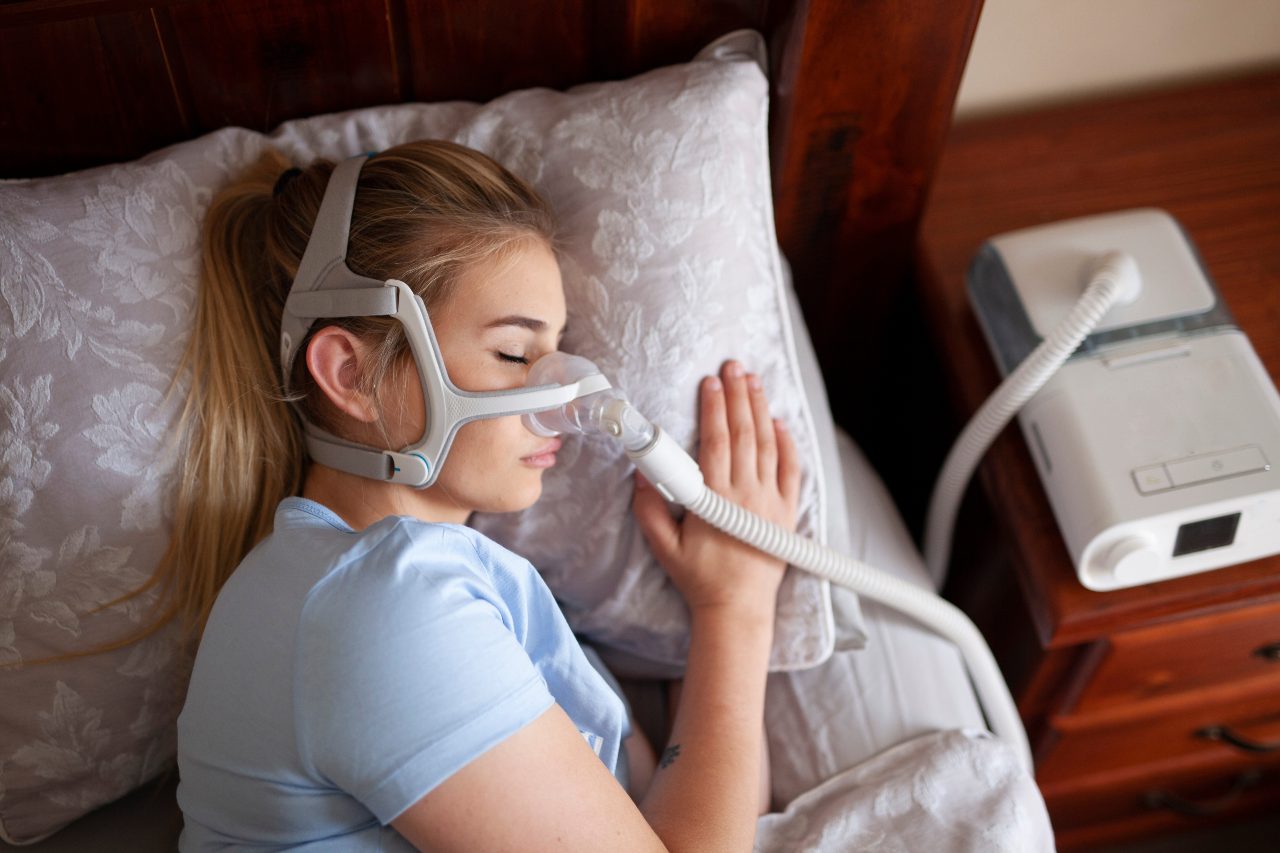
- Sleep Apnea: Breathing Disruptions at Night
What is Sleep Apnea?
Sleep apnea is a serious sleep disorder where breathing repeatedly stops and starts throughout the night. This can happen due to a blockage in the airway (obstructive sleep apnea) or because the brain doesn’t send the proper signals to the muscles that control breathing (central sleep apnea). People with sleep apnea often wake up feeling tired even after a full night of sleep.
How to Manage Sleep Apnea
Treatment for sleep apnea usually requires medical attention, but here are some common solutions:
- CPAP machines. Continuous Positive Airway Pressure (CPAP) machines keep your airway open by providing a constant flow of air through a mask you wear while sleeping.
- Lifestyle changes. Losing weight, avoiding alcohol before bed, and sleeping on your side can help reduce symptoms of obstructive sleep apnea.
- Mouth devices. In some cases, a dentist may create a custom device that helps keep the airway open while you sleep.
If you think you might have sleep apnea, it’s important to get evaluated by a doctor, as untreated sleep apnea can lead to serious health issues like heart problems and high blood pressure.
- Restless Leg Syndrome (RLS): The Urge to Move
What is Restless Leg Syndrome?
Restless Leg Syndrome (RLS) is a condition where you feel an irresistible urge to move your legs, usually at night when you’re trying to sleep. It can cause discomfort, and the constant need to move can make it difficult to fall asleep or stay asleep.
How to Manage RLS
Here are some tips for managing restless leg syndrome:
- Stretch before bed. Gentle stretches or a warm bath can help relax your muscles before sleep.
- Iron supplements. RLS has been linked to low iron levels, so taking an iron supplement may help if your doctor recommends it.
- Avoid caffeine. Stimulants like caffeine can make symptoms worse, so try to avoid them in the afternoon and evening.
If your RLS is severe, talk to your doctor about medication options.
- Narcolepsy: Sudden Sleep Attacks
What is Narcolepsy?
Narcolepsy is a neurological disorder that affects the brain’s ability to control sleep-wake cycles. People with narcolepsy may feel excessively sleepy during the day and experience sudden “sleep attacks,” where they fall asleep unexpectedly, even in the middle of an activity.
How to Manage Narcolepsy
Narcolepsy requires medical treatment, and your healthcare provider can help you asses your needs. Typically, a narcolepsy diagnosis comes after a sleep study and meeting with a sleep specialist who will review your sleep history and a log of your sleep over a period of time. However, there are some ways you can help yourself once you have a confirmed diagnosis:
- Stay on a sleep schedule. Going to bed and waking up at the same time every day can help regulate your sleep-wake cycle.
- Take short naps. Napping for 10-20 minutes during the day can help relieve daytime sleepiness without interfering with nighttime sleep.
- Medication. Stimulants and other medications can be prescribed by a doctor to help manage narcolepsy symptoms.
- Sleep Hygiene: The Key to Better Sleep
Whether you’re dealing with a sleep disorder or just want to improve your overall sleep quality, practicing good sleep hygiene is essential. Here are some simple tips for better sleep hygiene:
- Set a consistent sleep schedule. Your body loves routine. By going to bed and waking up at the same time every day, you’re helping your internal clock stay in sync.
- Create a relaxing bedtime routine. Activities like reading, meditating, or listening to calming music can signal to your brain that it’s time to wind down.
- Make your bedroom a sleep-friendly environment. Keep your room cool, dark, and quiet. Invest in a comfortable mattress and pillows.
- Limit caffeine and alcohol. Both can disrupt sleep, so it’s best to avoid them in the hours leading up to bedtime.
- Get moving. Regular physical activity can help you fall asleep faster and enjoy deeper sleep. Just make sure to finish your workout a few hours before bedtime.
- Lifestyle Improvements for Better Sleep
Small lifestyle changes can make a big difference in your sleep quality. Here are some simple adjustments that can lead to better rest:
- Manage stress. High stress levels can keep you up at night. Try relaxation techniques like deep breathing, yoga, or journaling to calm your mind before bed.
- Watch your diet. Eating a heavy meal right before bed can disrupt your sleep. Try to finish eating a couple of hours before bedtime, and avoid spicy or acidic foods that might cause indigestion.
- Sunlight exposure. Get some natural sunlight during the day. This helps regulate your body’s sleep-wake cycle, making it easier to fall asleep at night.
- Limit naps. While short naps can be helpful, long or late-day naps can make it harder to sleep at night.
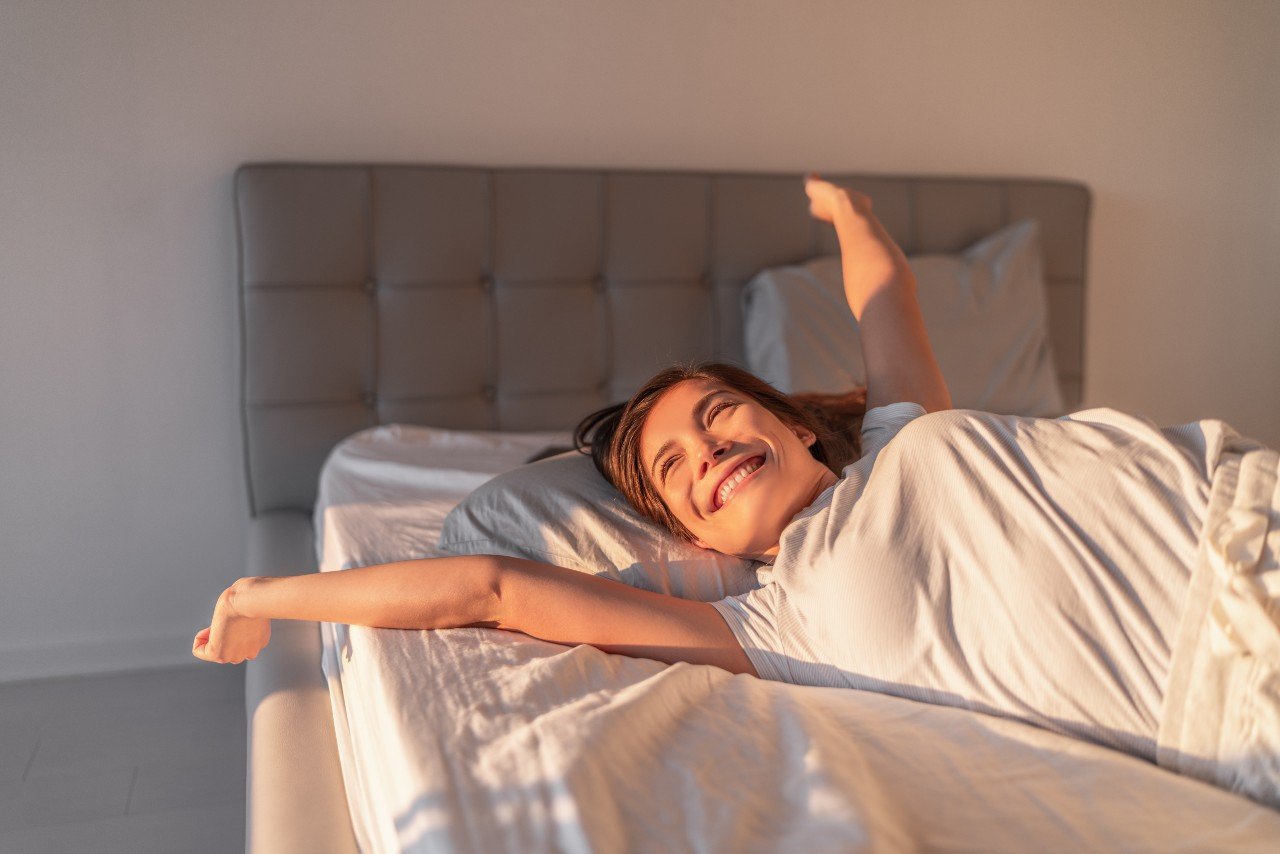
Final Thoughts: Prioritize Your Sleep
Sleep disorders can significantly impact your quality of life, but there are many ways to improve your sleep. From managing specific conditions like insomnia or sleep apnea to practicing good sleep hygiene, the solutions are within reach.
If you’re struggling with sleep, don’t hesitate to make an appointment with Innova Primary Care. We can help identify any underlying issues and guide you toward better rest.
In the meantime, try some of the lifestyle changes and sleep hygiene tips mentioned in this post. A few small tweaks might be all you need to start sleeping soundly and waking up feeling refreshed.

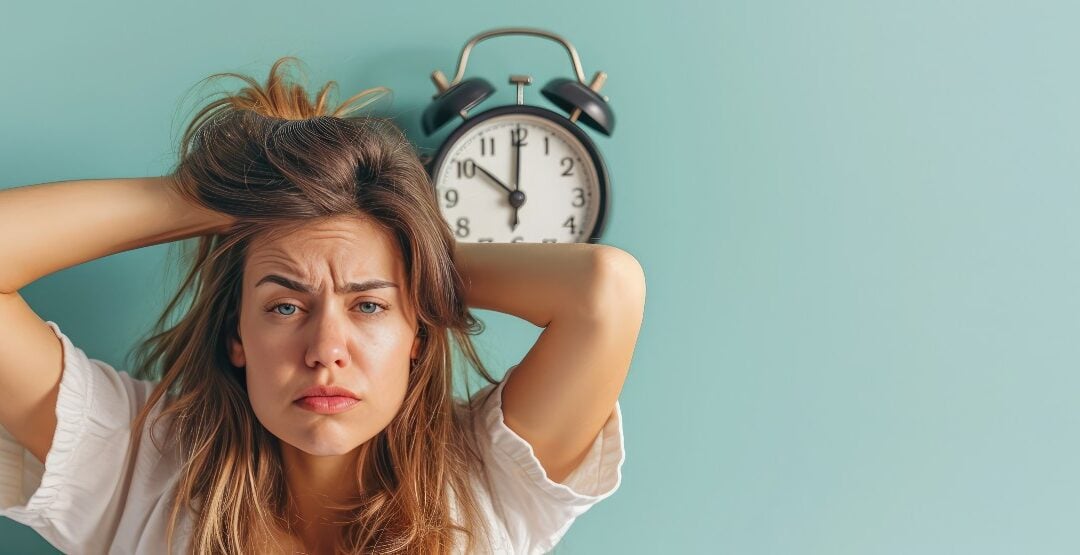

 About
About

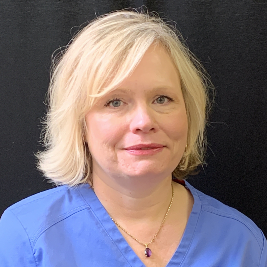 About
About About
About About
About
 About
About About
About

 About
About About
About About
About About
About











